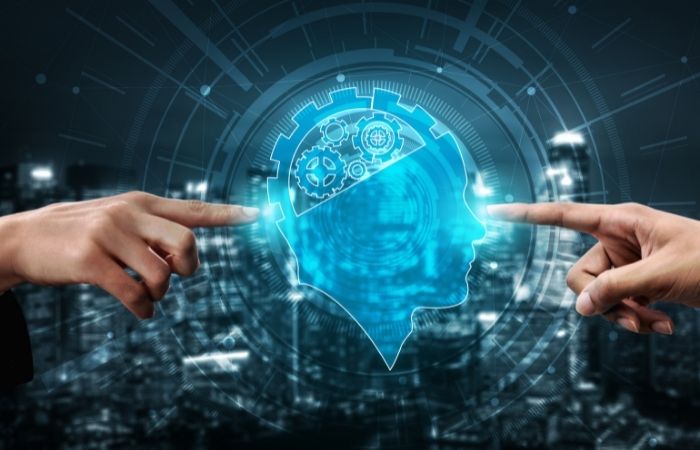Artificial intelligence is transforming most industries from healthcare to no deposit bonus. And as life expectancy is increasing, the healthcare industry is facing constant demand. The high demand is brought by high costs of living as well as the need for more workers.
As a result, the industry is turning to new technologies such as artificial intelligence to try and make the healthcare system sustainable and more scalable. This industry is searching for better ways to improve its system, increase efficiency, reduce costs, and provide high-quality healthcare services and AI has so far proven effective. Here are some of the ways that AI is transforming modern medicine.
Table of Contents
1. Early Detection
AI is being used to detect diseases like cancer in their early stages. For instance, AI has been proven to have a 99% accuracy in detecting breast cancer than mammograms. Combining AI with medical wearables can also be used to monitor your heart rate, blood sugar, and blood pressure. With these devices, you can detect a heart disease or other life-threating illnesses while it is still early.
2. Robotic Surgery
No, this is not some robot trying to perform surgical tasks on a patient. Instead, robotic surgery helps surgeons with better imaging and other greater factors like speed and accuracy. We all know that performing surgeries can be an overwhelming task. As a result, this can lead to overworked surgeons who might not be able to work efficiently. But with the use of robotic-assisted surgeries, surgeons can be able to perform with accuracy and a high degree of care. Patience too will be able to heal faster and experience less pain.
3. Drug Discovery
Developing new drugs and testing them can be quite expensive and might take many years before being approved for public use. Luckily, thanks to AI and other automation technologies, pharmaceuticals can be able to discover drugs and test them faster. For example, during the recent Covid-19 pandemic, people were stressed about whether vaccines might take years to be developed. Fortunately, this was not the case. Pfizer used the IBM Watson machine for drug discovery, which was done at a faster rate.
4. Training
AI is allowing those studying medicine or its related courses to go through realistic simulations in a way they couldn’t do before. This makes the trainees more prepared on what they should expect when they get to the field. Besides, with AI, training can be done anywhere. Thus, students can use their smartphones to continue with their respective courses even when they are not in class.
5. Virtual Nursing
Some nursing routines are repetitive and do not require the nurse to do it. In this case, thanks to AI and recent advancements in technology, such routines can be automated. This can free up the time for nurses to attend to other tasks. Virtual nursing assistants can help in scheduling appointments, offer medical advice, and assist in self-care routine.
Summary
AI has the potential to transform the medical industry into a better future. It has already proven its efficiency and reliability as you have seen above.


